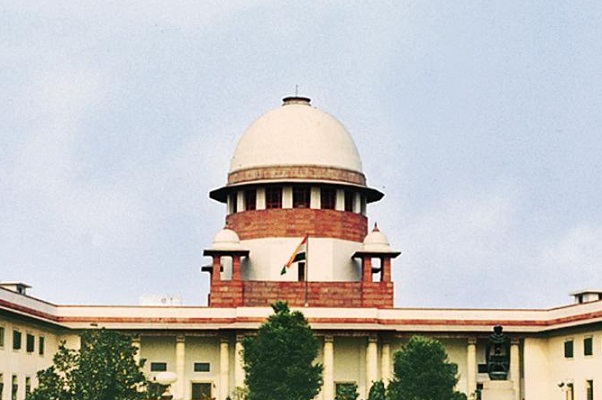
What is “Stridhan” as per Hindu law?
The term Stridhan is made of two hindi words “Stri” which means women and “Dhana” which means estate or property. According to Mitakshara and Dayabhag, the following in the hands of a women (maiden, married or widow) constituted Stridhan:
Gifts that are made before the nuptial fire.
Gifts that are made at the time of bridal procession.
Gifts that are made by mother-in-law or father-in-law as a token of love at the time of her marriage. And,
Gifts that are made by the mother, father and brother of the women.
As noted in “Pratibha Rani V. Suraj Kumar” the Honble Supreme Court of India the complete list of the stridhan property of a woman as Manu enumerates which may be extracted thus:
- Gifts made before the nuptial fire, explained by Katyayana to mean gifts made at the time of marriage before the fire which is the witness of the nuptial (adhyagni).
- Gifts made at the bridal procession, that is, says Katyayana, while the bride is being led from the residence of her parents to that of her husband (adhyavanhanika)
- Gifts made in token of love, that is, says Katyayana, those made through affection by her father-in-law and mother-in-law (pritidatta), and those made at time the of her making obeisance at the feet of elders (padavan danika).
- Gifts made by father.
- Gifts made by mother.
- Gifts made by a brother.
Streedhan differs from Dowry in the way that it is the voluntary gifts given to a woman by friends and or relatives and woman has absolute right over the same in exclusion to all before or after her marriage and has no element of coercion. Women have an absolute right over their Streedhan which is absolutely clear from reading section 14 of Hindu succession act further clarifies that property of a female Hindu to be her absolute property. And the women property includes all the moveable or immoveable acquired by women before or after the marriage by the following means:
- Property acquired by inheritance or devise,
- Property received by partition,
- Property received in lieu of maintenance,
- Property received by gift from any persons, relative or stranger before, at or after her marriage,
- Property purchased by her,
- Property received under any other instrument decree or order of court.
Some important judgments on the issue includes: Pratibha Rani V. Suraj Kumar, 1985 SCR (3) 191., Janki v. Narayansami, (1916) 43 I.A. 207., Chinnappa Govinda v. Vallaimmal, AIR 1969 Mad 187, Badri Prasad v. Kanso Devi, AIR 1970 SC 1963, Mahadeo v. Bansraji, AIR 1971 ALL 515, Lakshmichand v. Sukhdevi, AIR 1970 Raj 285, Vinod Kumar Sethi v. State of Punjab, AIR 1982 P& H 372., Karmi v. Amru, AIR 1971 SC 745., Chilakamarti Kotaiah vs Addanki Venkata Subbaiah AIR 1919 PC 75, Bhugwandee Doobey v. Myna Baee, (1867) 11 Moo. I.A. 487, Sheo Shankar v. Devi, (1900) ILR 22 All 353, Gangamma v. G. Nagarathnamma and Ors., AIR 2008 SC 500, Santosh v.Saarswathibai, AIR 2009 SC 636 Cherotte Sugathan v. Cherotte Bharathi, AIR 2008 SC 1467